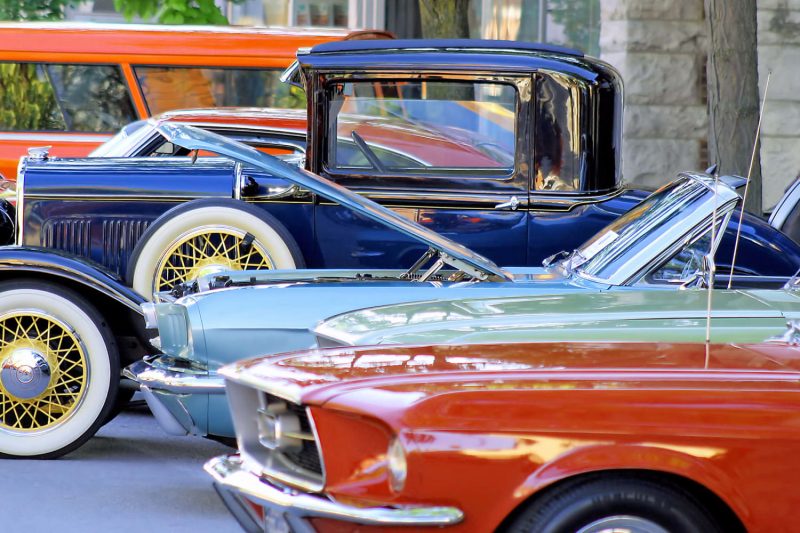Classic Car Sales Stall in Monterey Auctions as New Generation Takes Charge
In recent years, the classic car market has experienced a notable shift in momentum, with sales at prestigious events like the Monterey Auctions encountering a stall as a new generation of buyers asserts its presence. These auctions, long considered a playground for affluent collectors and enthusiasts, have historically showcased an array of vintage and rare automobiles that fetch exorbitant prices. However, with the emergence of a younger cohort of buyers with different tastes and preferences, the dynamics of the market are rapidly evolving.
The Monterey Auctions, held annually on the Monterey Peninsula in California, have traditionally been a barometer of the health and vibrancy of the classic car market. Vintage Ferraris, Porsches, Aston Martins, and other iconic brands have commanded top dollar at these auctions, attracting a discerning clientele eager to add prestigious automotive treasures to their collections. Yet, as the demographic composition of buyers undergoes a transformation, the once red-hot market for classic cars is showing signs of cooling down.
One of the key factors contributing to the slowdown in classic car sales at Monterey Auctions is the changing tastes of younger buyers. Unlike their predecessors, who often favored European marques from the golden era of automotive design, the new generation of enthusiasts is more inclined towards modern performance cars, electric vehicles, and Japanese imports. This shift in preferences has had a tangible impact on the types of vehicles fetching top prices at auctions, with classic American muscle cars and 1980s Japanese sports cars gaining popularity.
Another significant factor influencing the classic car market is the increasing emphasis on sustainability and environmental consciousness among consumers. As concerns about climate change and carbon emissions grow, there is a growing reluctance among buyers to invest in gas-guzzling vintage automobiles that are not eco-friendly. This shift towards more sustainable transportation options is reflected in the waning interest in classic cars powered by large displacement engines, which were once the darlings of the auction circuit.
Furthermore, the rise of online auctions and digital platforms has also disrupted the traditional auction model, making it easier for buyers to access a global marketplace of classic cars without the need to attend in-person events like the Monterey Auctions. This digital revolution has democratized the buying and selling process, allowing enthusiasts from around the world to participate in auctions and acquire rare vehicles with greater ease and convenience.
In conclusion, the classic car market is undergoing a period of transition as a new generation of buyers asserts its influence on the industry. The traditional allure of classic European marques is being supplanted by a preference for modern performance cars and sustainable transportation options. The shift in consumer tastes, coupled with the impact of digital technology on the auction process, is reshaping the dynamics of the market and challenging long-established norms. As the classic car industry adapts to these changes, it remains to be seen how the future of vintage automobile sales will unfold in the era of the new generation.
